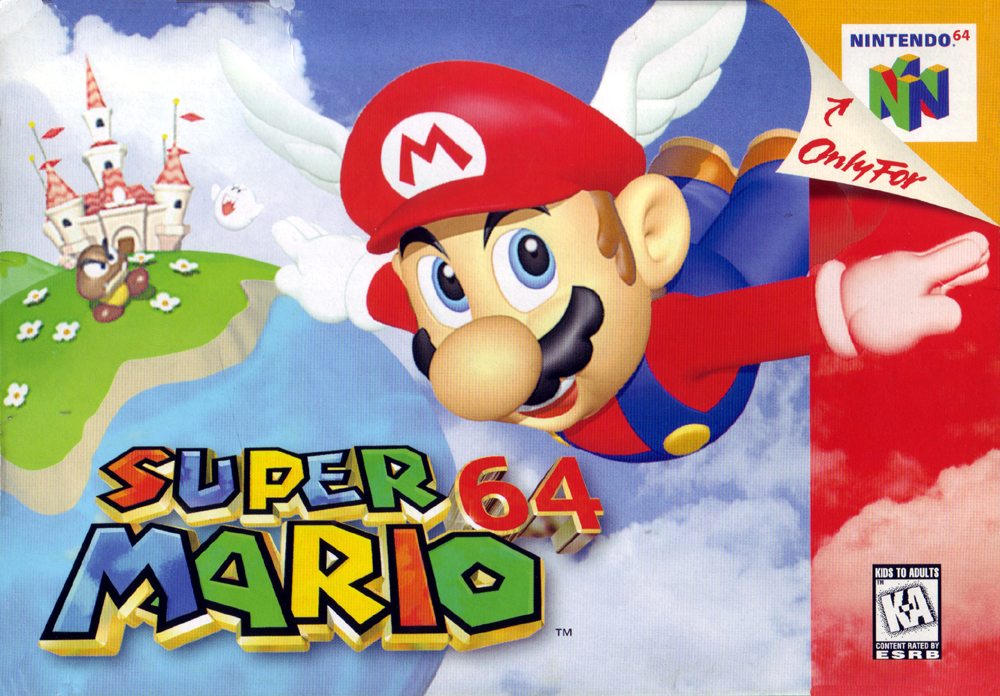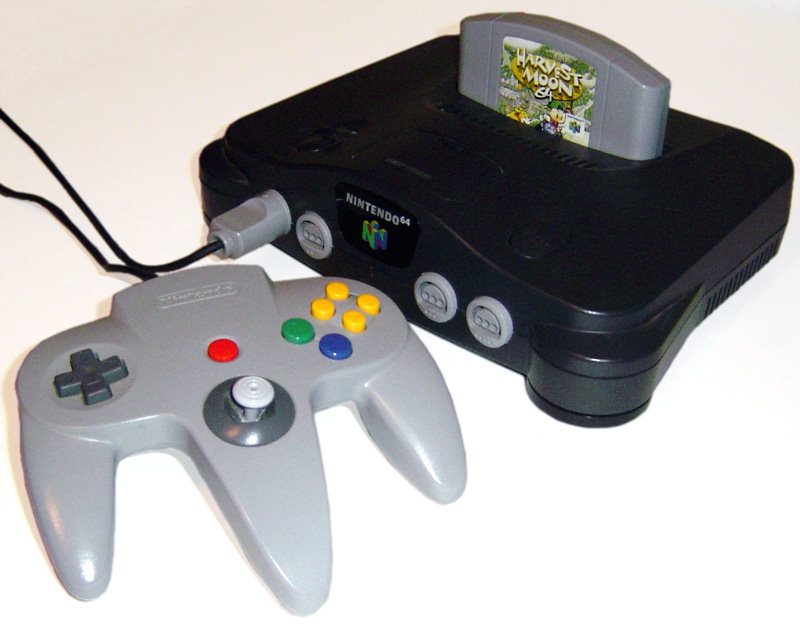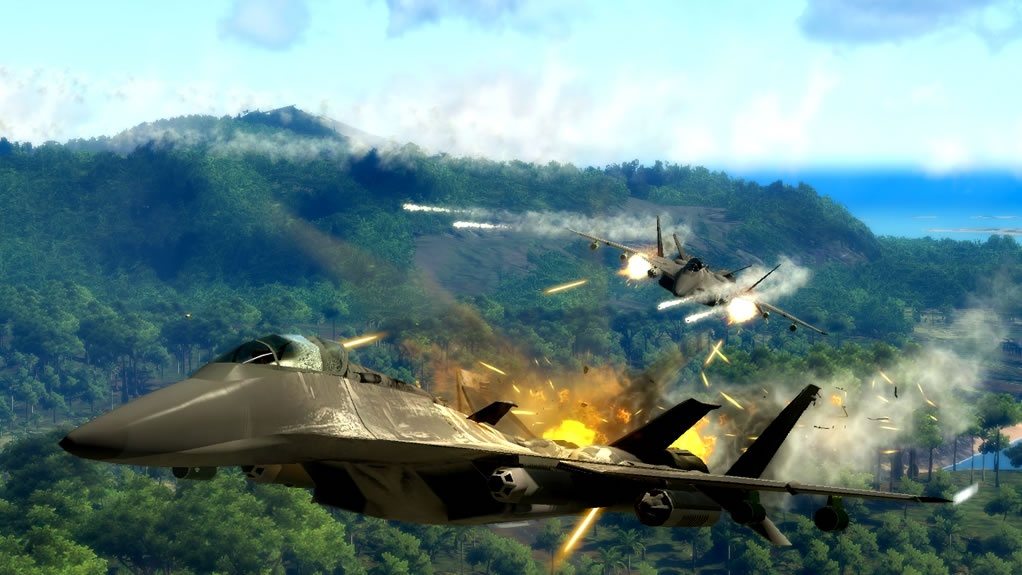Gaming in the 90s: A Retrospective
If like me you were born between 1987 and 1995, you probably look back on the gaming successes of the 90s with fondness, and if you didn’t experience them firsthand, you probably have some kind of nostalgic memory of them. Even my childhood friends who have no interest in gaming today may perk up and laugh in shared recognition at names such as Spyro the Dragon, Crash Bandicoot or (in unfortunately rarer cases) games like Shadow of the Colossus. [divider] What was it about 90s gaming that enabled it to capture people’s childhoods where gaming now seems to fall flat? Admittedly gaming has come so far since the 90s, but in doing so may have lost some of the wonder and experimental aspects which made gaming during that decade so unique. Or is this merely my own nostalgia talking?
It is inarguable that the 90s produced some of the most iconic gaming franchises. Most noteworthy I think in nearly every child’s mind is the first generation of Pokémon games. I challenge anyone born in the early 90s and remotely tuned into popular culture at the time to fail to name three Pokémon. These games revolutionised a childhood interest in embracing the “nerdy”, opening up gaming for thousands of people, the pixelated graphics and 8-bit soundtrack creating a bridge from games such as Super Mario (N64) to a newer setup of games, privileging multiplayer functionality. This is one aspect of 90s gaming that I feel defined the generation, and has potentially been lost forever in the rush to embrace internet gaming and mass console selling.
Now I’m not attempting to belittle such modern masterpieces as The Last of Us, Mass Effect or Red Dead Redemption, all utilising top of the range graphics, voice acting and storytelling to create truly cinematic gaming experiences, but there are times when you want gaming to feel, well, like a game. Deaths in modern games can feel like a true event of weight, sometimes being emphasized to the point where it actually deeply effects the gaming experience (XCOM: Enemy Unknown anyone?), but sometimes gaming needs to be light hearted, and this is something I feel the contemporary mainstream gaming industry has lost touch with to some degree. The Crash Bandicoot franchise nailed this aspect perfectly, making death simultaneously hilarious and frustrating, encouraging the player to laugh and continue, rather than feeling deep guilt at the characters emotional obligations going unfulfilled over and over again, with auxiliary characters doomed to death without the protagonists protection.
Often such effects are enjoyable but with the market gravitating towards more serious games it leaves little in terms of entry points for younger gaming fans. This is where LEGO’s series of games has truly succeeded, with entries like LEGO Marvel Superheroes integrating a drop-in drop-out system, with fluid splitscreen and cooperative gameplay that also treats character death as temporary and enjoyably meaningless. This harks back to splitscreen gems like Goldeneye and Crash Team Racing; games that existed before the marvel of online gaming, which regrettably has made gaming less of a single room social experience, and instead pushed the social aspect online, much like other sectors of our lives. Whilst online gaming lets me game with many hundreds of people at one time, I find myself regularly searching online for games tagged with “couch co-op” so that me, my friends and my family might game together without the financial strain of multi console gaming.
Certain contemporary games, I feel, actually suffer from the lack of cheats included in the coding.
Another aspect of 90s gaming that I heartily enjoy is one that isn’t always so popular with the gaming community at large, namely cheats. Modern games like Grand Theft Auto V opt to include cheats in their games for a bit of fun (at the cost of removing trophy achievements), but often feel reserved in comparison to their prequels and predecessors. The best example I can think of in terms of ridiculous, “game-breaking” cheats is one I think most PC gamers will recognise – “No Clip Mode”. This essentially allowed players to (in their chosen game) float through walls into the unconstructed nether regions of a games programming code, levitating above the level design and examining the intricate details of its construction. In a word: subversive. Certain contemporary games, I feel, actually suffer from the lack of cheats included in the coding.
An example of this (though a truly stellar game otherwise) is Avalanche Studios’ Just Cause 2. A marvel of graphical detail and gorgeous scenery, this game featured over the top action sequences and a cache of weapons, vehicles and upgrades that had to be paid for with (often hard to come by) in-game cash. The punishing difficulty also added a further incentive to be able to enjoy the game free from the shackles of grinding and time expenditure. Sometimes I just want to blow stuff up free of charge in an action game without constantly worrying about the price of my next ammo refill. Is that so much to ask? Does that make me a cheat?Maybe…
Above all, aspects of 90s gaming that many see as flaws such as cheating, goofy deaths and small screen multiplayer, are the nuances which actually drew me into gaming when I was younger, and are the establishing elements of my interest in the burgeoning art form today. So this year, whilst you might enjoy the blockbuster you received for Christmas, also keep an eye on the Steam sales, as Indie games come gorgeously close to the pixelated fare of yesteryear, if not in features then at least in atmosphere. The PlayStation network is also a goldmine for re-mastered and refurbished 90s games, so if you own a PS3, be sure to take a look! [divider_top]
![]() Do you have any fond memories of gaming in the 90s? Tell us on our Twitter, @Boargames.
Do you have any fond memories of gaming in the 90s? Tell us on our Twitter, @Boargames.



Comments